Staying organized in school doesn’t have to mean a rigid routine or color-coded chaos. The best systems are the ones that work for you—the ones that simplify your day, reduce the noise, and keep you focused on what really matters. Whether you’re balancing essays, science labs, after-school clubs, or all of the above, these six school organization tips are refreshingly realistic and totally doable.
Start with One Planner That Does It All
Let’s face it—juggling multiple apps, sticky notes, and mental reminders is a recipe for missed assignments and late-night panic. A single, all-in-one planner is your personal command center.
Choose one that matches your style: minimalist, detailed, paper, or digital. The key is consistency. Use it to track assignments, due dates, test schedules, and even personal plans like club meetings or sports practice.
Want to level up? Color-code your subjects or use highlighters to visually separate tasks. You’ll be surprised how much clarity a well-kept planner can bring to your week.
Build a Night-Before Routine That Sets You Up for Success
Mornings don’t have to feel like a whirlwind. A simple nighttime routine can make the difference between chaos and calm.
Pack your bag. Lay out your outfit. Check your planner. Set aside five to ten minutes before bed to get ready for tomorrow—it’s a small ritual that creates massive mental breathing room.
It’s not about perfection. It’s about stacking small wins before the day even begins.

Use Folders and Binders That Keep Everything in Its Place
Think of folders and binders as bodyguards for your notes and handouts. Keeping them in order doesn’t just make your backpack lighter—it makes studying way easier.
Create one folder or section per subject. Label them clearly. Empty out the clutter weekly. If you prefer digital, scan or snap photos of important documents and store them in Google Drive or OneNote with clear labels.
An organized system means no more digging through crumpled papers five minutes before class.
Go Digital with Calendar and Reminder Apps
We live in the age of smart tools—use them to your advantage. Calendar apps like Google Calendar or time-management gems like Notion and Todoist can help you visualize your day and stay ahead of deadlines.
Set up notifications a day (or two) in advance so assignments never sneak up on you again. Recurring reminders are perfect for weekly tasks like quiz prep or club meetings.
Your phone already goes everywhere with you—turn it into a reliable sidekick.
Create a School Supply Zone You Can Actually Maintain
A messy backpack or desk is more than just an eyesore—it’s a mental block. Organize your supplies so they’re easy to grab and even easier to return.
Use pencil cases, drawer dividers, or even small bins to create zones for essentials: pens, highlighters, sticky notes, index cards. Keep duplicates to a minimum to avoid clutter creep.
At home, dedicate a “school corner” where everything lives. No more wandering around looking for a missing charger or that one elusive notebook.

Do a Weekly Reset to Stay Ahead
Sundays aren’t just for brunch—they’re also prime time for resetting your school game.
Spend 30 minutes reviewing the week ahead. Check your planner. Organize your backpack. File away loose papers. Highlight priority assignments.
A weekly reset is your opportunity to course-correct before stress sets in. It’s a gentle pause to breathe, regroup, and launch into Monday like a pro.
Make Time Management Work for You
Time isn’t just something to manage—it’s something to design.
Break large assignments into smaller chunks and assign each part a deadline. This keeps things moving without last-minute marathons. Try time-blocking: allocate chunks of time to specific subjects or activities so you know what to focus on and when.
If your energy peaks in the evening, don’t fight it—work with your natural rhythm. That’s how you turn productivity into a habit, not a struggle.
Stay Flexible and Find What Works Best for You
There’s no one-size-fits-all solution. And that’s the magic.
Some students thrive on detailed planning, others need just the basics. Try different methods. Adjust as your schedule shifts. What works in September might feel clunky by February—and that’s okay.
The goal isn’t to be perfectly organized. The goal is to feel calm, in control, and prepared.
Final Thoughts
Staying organized in school isn’t about rigid systems or unrealistic expectations. It’s about discovering small, practical habits that bring ease into your day.
Start simple. Stick with what works. And know that each tiny improvement adds up to a smoother, more successful school year.
You’ve got this—one organized step at a time.

Frequently Asked Questions
1. What is the best way to stay organized in school?
The best way to stay organized in school is to use a consistent planning system, such as a daily planner or a digital calendar app, paired with simple routines like packing your bag the night before and doing a weekly reset. Keeping supplies and notes tidy with folders or digital folders also helps reduce clutter and stress.
2. How can students manage their time better for school assignments?
Students can manage time more effectively by breaking large assignments into smaller tasks and using time-blocking methods. Setting deadlines for each step and using calendar reminders can help avoid last-minute cramming and boost productivity.
3. What are the most useful organization tools for school students?
Some of the most helpful school organization tools include a reliable planner, subject-specific folders or binders, a digital calendar like Google Calendar, and reminder apps like Todoist or Notion. Pencil cases and desk organizers also help keep supplies in order at home and in backpacks.
4. How can I help my child stay organized with schoolwork?
Parents can support their child’s school organization by helping them establish daily and weekly routines, creating a dedicated homework area at home, and encouraging the use of a planner or digital calendar. Check-ins once a week can help students stay on top of their workload without pressure.
5. Why do students struggle to stay organized in school?
Many students struggle with school organization due to busy schedules, lack of a clear system, or tools that don’t match their personal style. It’s important to find flexible, realistic strategies that suit their habits—like quick night-before prep and simple folder systems that are easy to maintain.






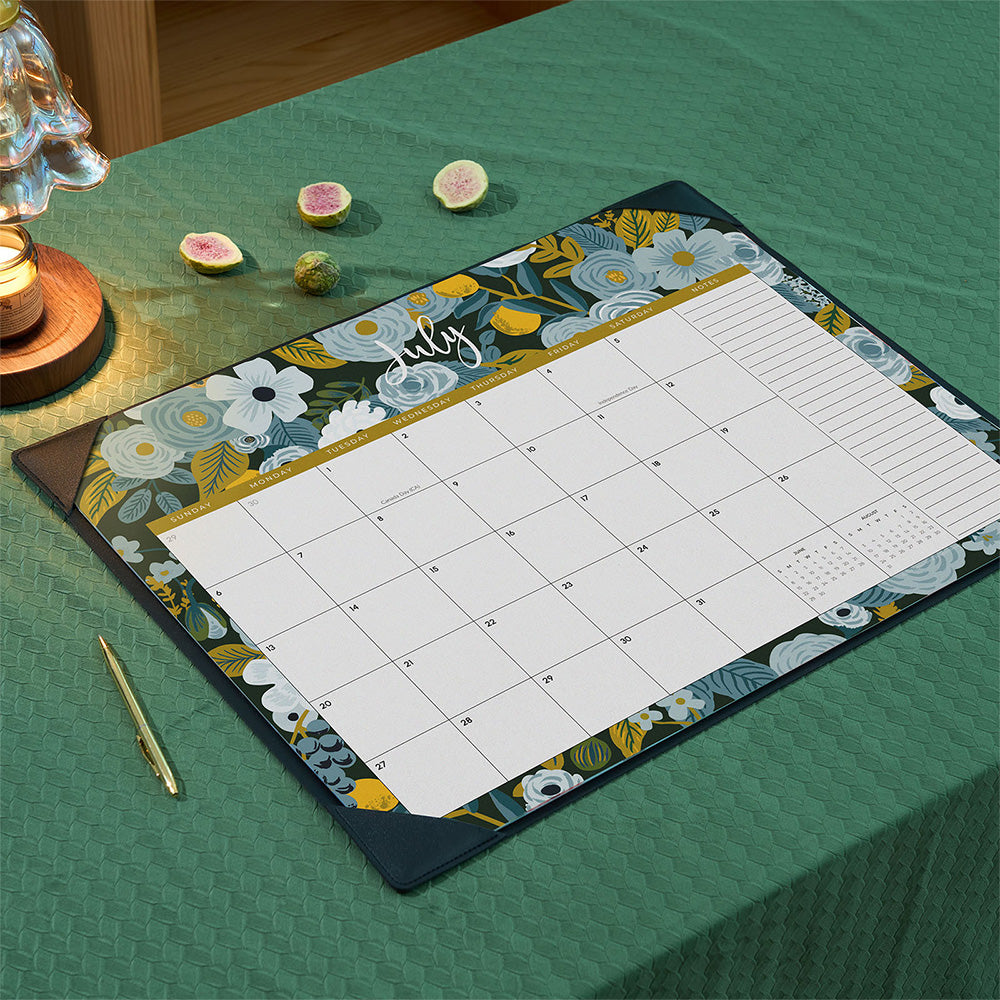





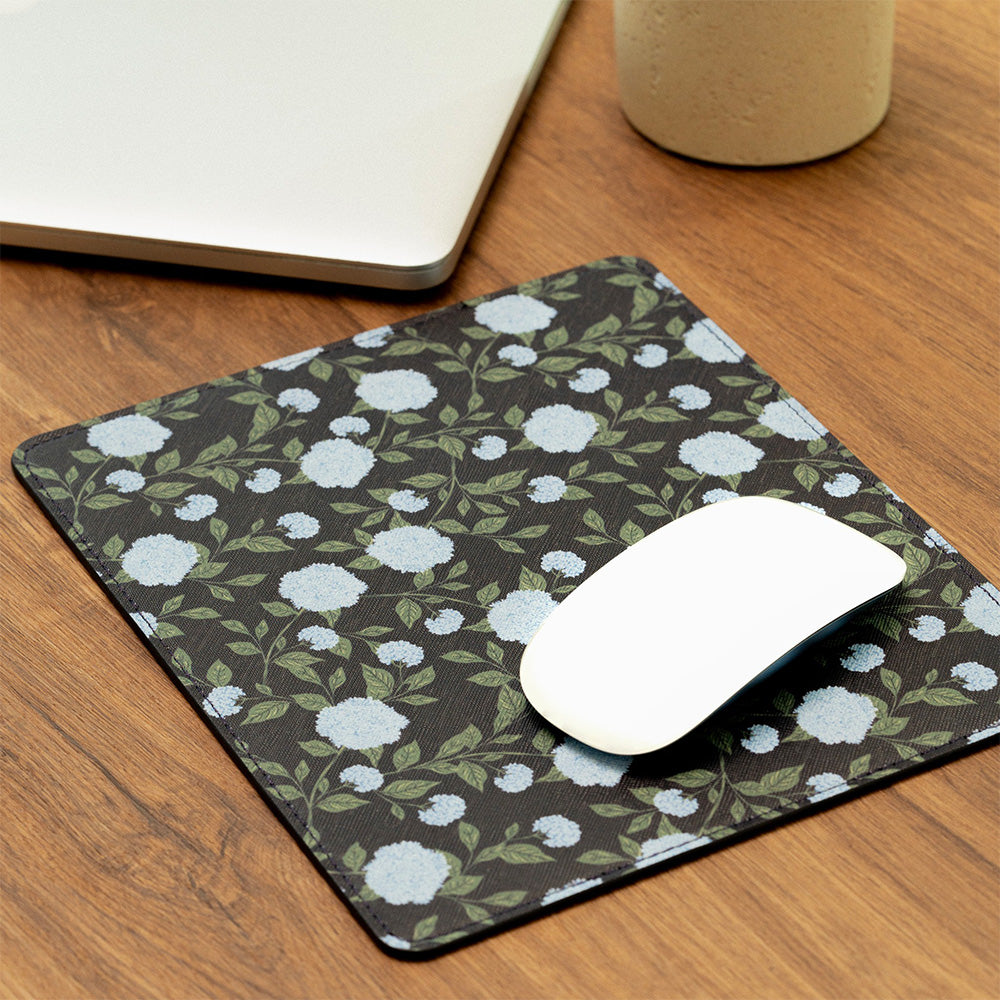
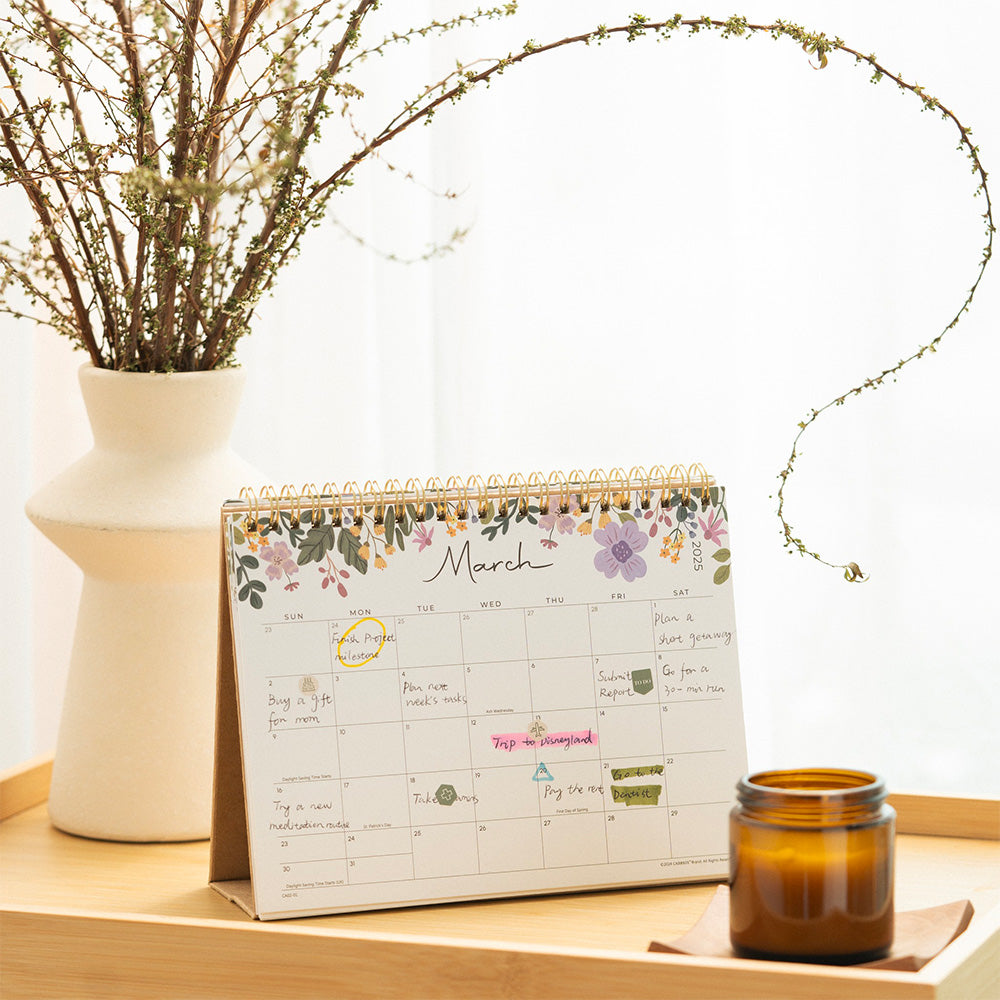



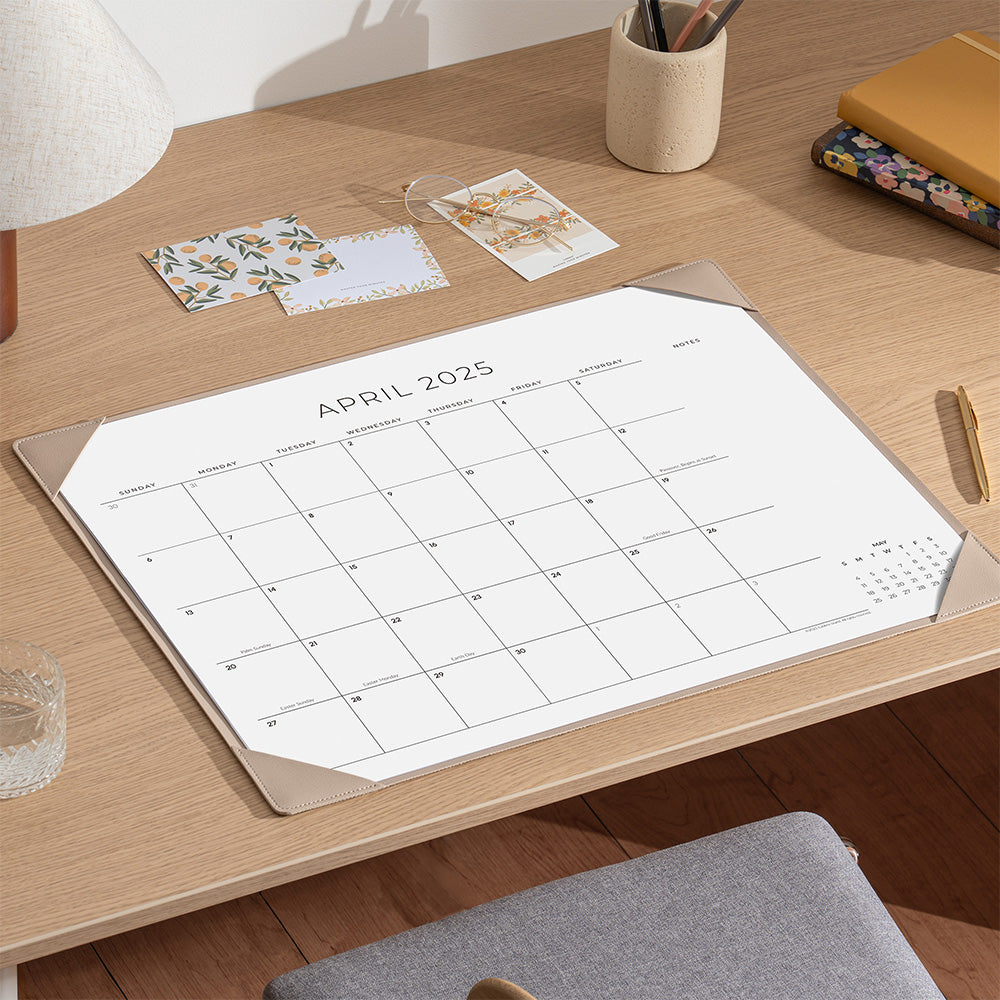








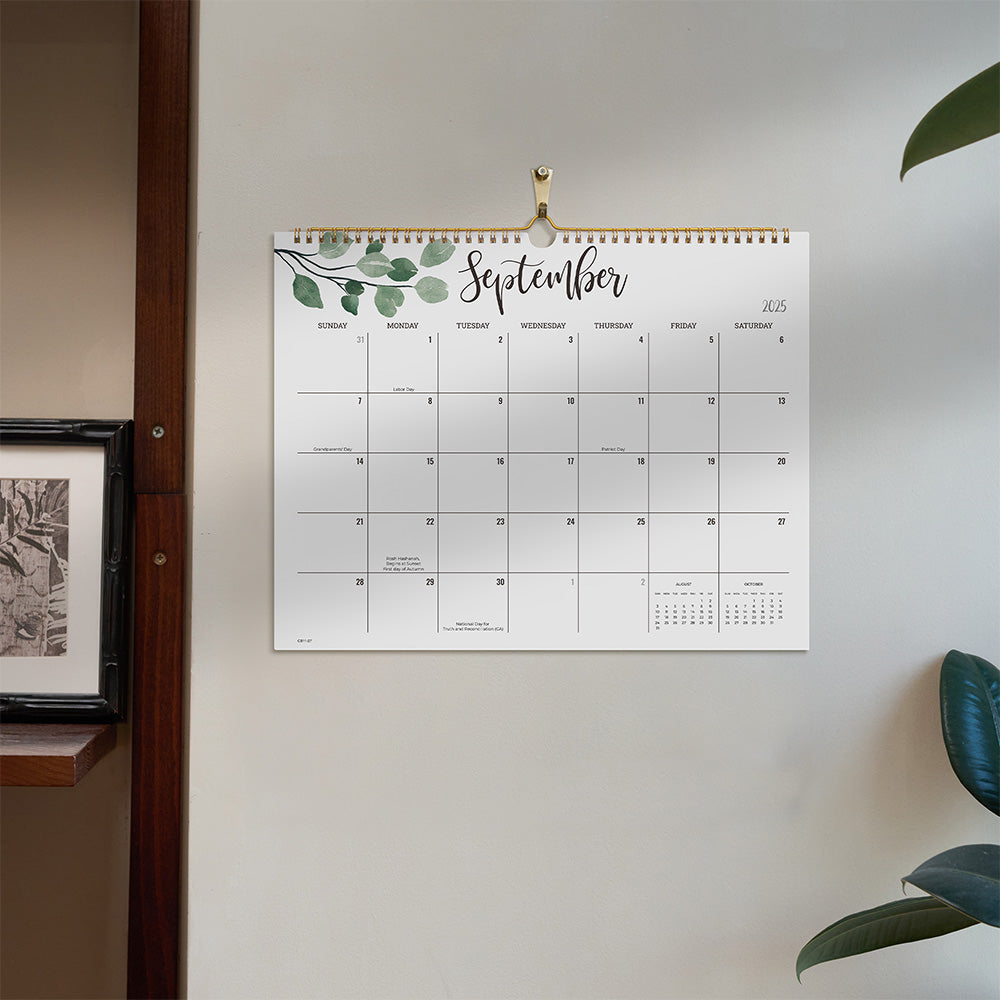
Leave a comment
This site is protected by hCaptcha and the hCaptcha Privacy Policy and Terms of Service apply.